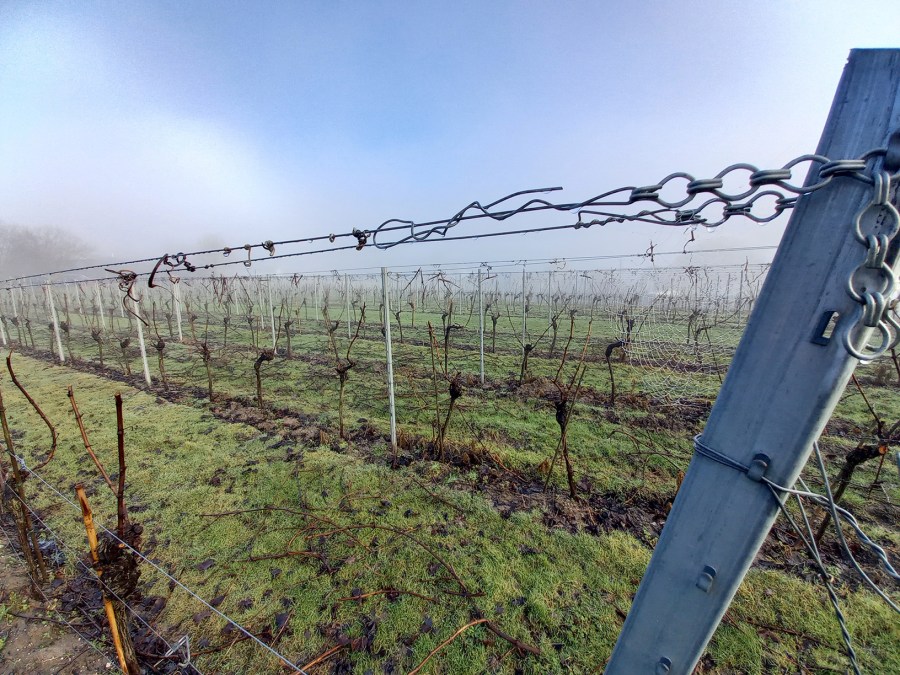If there is one thing 2020 taught viticulturists and wine makers in the UK, it is the importance of building resilience into the vineyard, writes Ben Brown, Agrii.
Sustainable agriculture has long been practiced in the UK, and in almost all cases, it comes down to knowing your land and looking after it. A flexible approach has always been the most appropriate in the UK, where weather can change on a sixpence. Integrated Crop Management (ICM) builds in levels of natural tolerance to our growing systems that means plants are naturally better able to fight off pests and disease. Many of these ICM principles also appeal to our customers, and such approaches are the cornerstone of schemes such as Sustainable Wine GB, and Agrii’s recently launched initiative, Green Horizons.
Green Horizons is Agrii’s commitment to lead the way in sustainable food production and to support customers in becoming more resilient in an increasingly uncertain world. This is being carried out through a series of objectives and targets which make up a five point plan, to ensure we support farmers across all aspects of sustainability in the future. Key principles of the initiative are Carbon Footprinting, which is something Agrii is looking into in detail, with a need to understand which tool best suits individual businesses, and how farmers can take those initial steps to start reducing their carbon footprint. Agrii has been working with the Centre of Ecology and Hydrology (CEH) to understand how we can measure soil health and resilience in a way that is scientifically accurate but also practically deliverable. To help boost the exchange of information between growers as part of the Green Horizons initiative, Agrii is launching a farmer community network which encourages growers to exchange knowledge across farming sectors in order to learn more about the journey of sustainable food production.
A focus of Agrii’s on-going research has also been bio-rational products, and how and where products like Frutogard, Botector and other new products can be used in the programme to maximum effect. These biological or defence inducing products need a targeted approach. For example, Frutogard allows growers to use a smaller quantity of phosphonates to equal effect, whilst reducing overall residues on the crop and improving crop protection and crop quality. Products based on living organisms often have more stringent pH requirements to maintain their efficacy in the spray tank and can benefit from being applied in, for example, more humid conditions. Trichoderma products like Vintec now bring a sustainable option for growers to use against grapevine trunk diseases, which are difficult to control.
As we progress the National Farmers Union (NFU) goal of Net Zero by 2040, the role of viticulture and perennial crops will become imperative, acting as sink for carbon without the intensive cultivations of annual crops. It is important to remember every decision we make in the vineyard must result in improved quality. After all, the forte of UK viticulture is its premium brand image. The research Agrii carries out, helps drive decisions forward; many of the new products are tested, both on-farm and in vineyard trial plots. This is carried out in novel ways and in situations where growers may not be willing to risk their crops.




